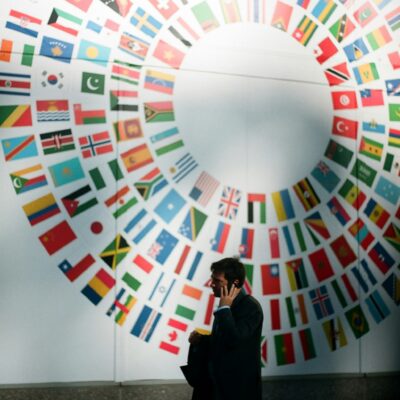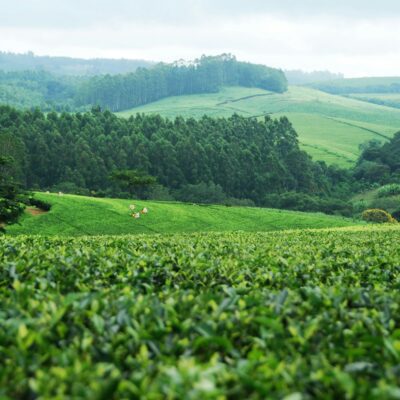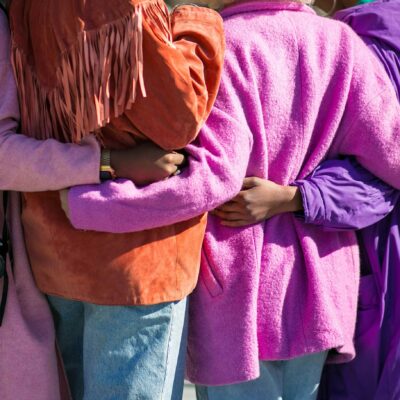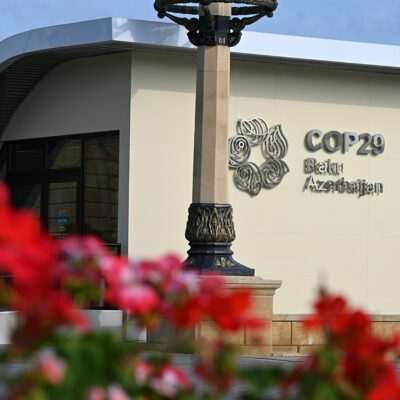 Photo: Dan Freeman / Unsplash
Photo: Dan Freeman / Unsplash
Since the 1970s, development-critical thinkers argued for radical alternatives to development. New is that it is claimed by some that such alternatives should be rooted in concepts and practices from the Global South. The blog post by Alba Castellsagué and Sally Matthews from the European Association of Development Research and Training Institutes (EADI), describes and questiones emerged alternatives.
“For example, in the introduction to the book Pluriverse: A Post-Development Dictionary, the editors claim that there are ‘thousands’ of ‘transformative initiatives’ around the world promoting alternatives to development premised upon indigenous concepts like Buen Vivir, Ubuntu and Swaraj. Buen Vivir (and related terms like Sumak Kawsay) refers to a ‘culture of life’ and harmonious living in particular regions of South America; Ubuntu is an African concept referring to human connectedness and mutuality; and Swaraj is an Indian concept referring to self-governance or sovereignty.”
Questions and Cautions about Global South Alternatives
“At the same time, however, the applicability of such notions is not free from controversy and scepticism has been raised from different standpoints. Several important questions arise in relation to the idea of using Global South concepts and practices to build alternatives to development.”
Are Global South communities really rejecting development?
“First, it seems that the concept of development and the many initiatives associated with it remain very popular. There seems little evidence of widespread rejection of development by communities in the Global South. Many marginalised communities in the Global South struggle with poverty, precarity and deprivation and seem to be very keen and supportive of many of the development initiatives brought to them by governments and aid agencies. It is therefore certainly not clear how broad appeal the idea of alternatives to development has in the Global South.”
What complexities and risks arise when using concepts from the Global South?
“Second, it is not clear whether and how concepts like Buen Vivir and Ubuntu are being used by Global South communities to articulate any such alternatives. Such notions have proven complex and difficult to define.”
What is the role of researchers in articulating these alternatives?
“Third, the role of the researchers in the assessment of the supposed alternatives is rarely discussed. A cause for cautiousness is that most of the discourse and research on such notions is formulated by nonindigenous intellectuals and scholars, making the claim for an austere life in harmony with nature, at least, controversial.”
This blog post is opening the “New Rhythms of Development” series around the EADI/CEsA Lisbon Conference. It was published by Alba Castellsagué and Sally Matthews from the European Association of Development Research and Training Institutes (EADI).










